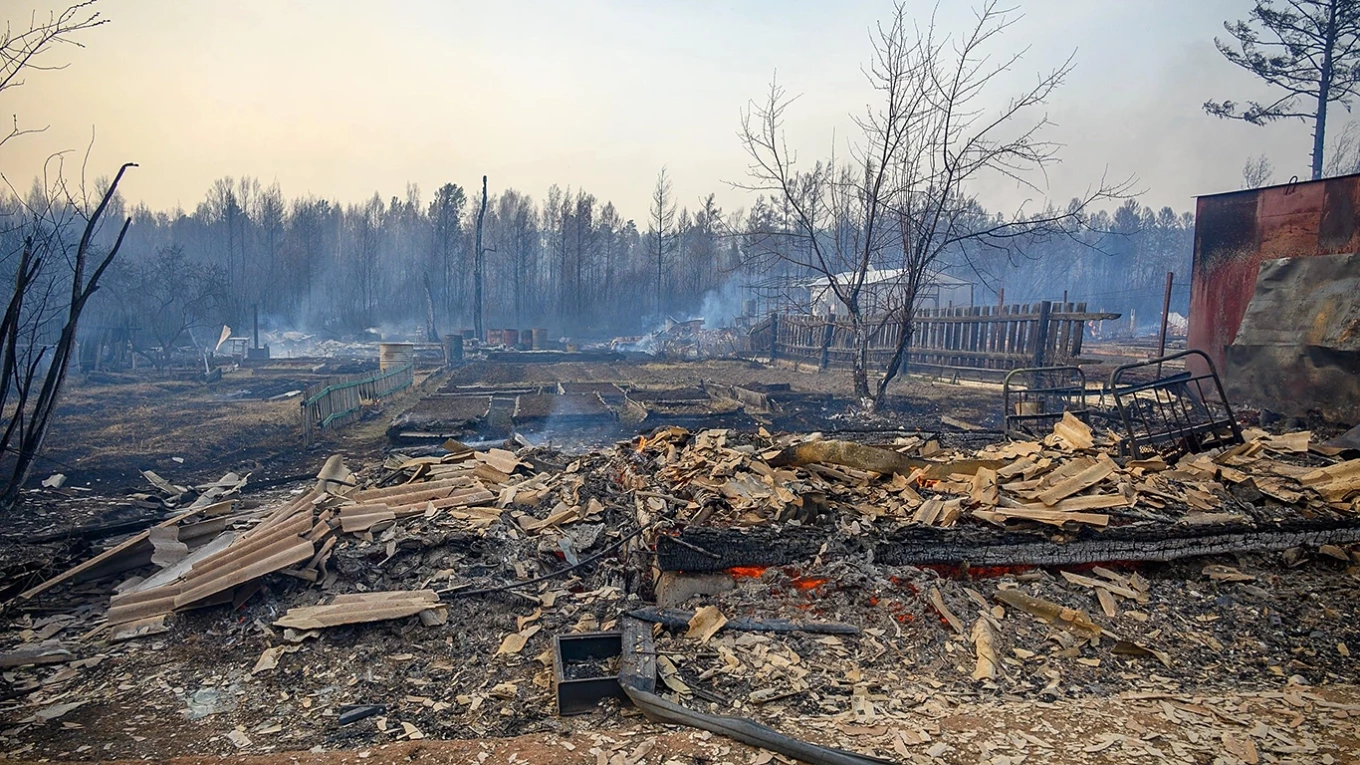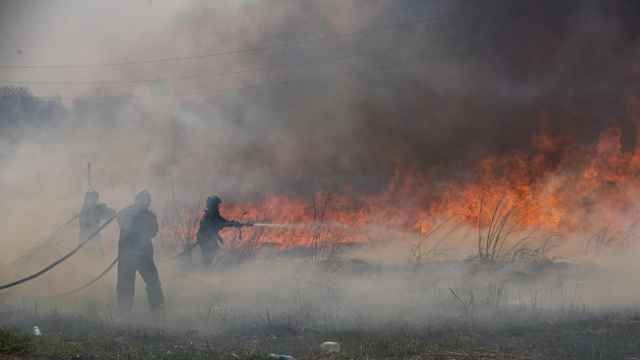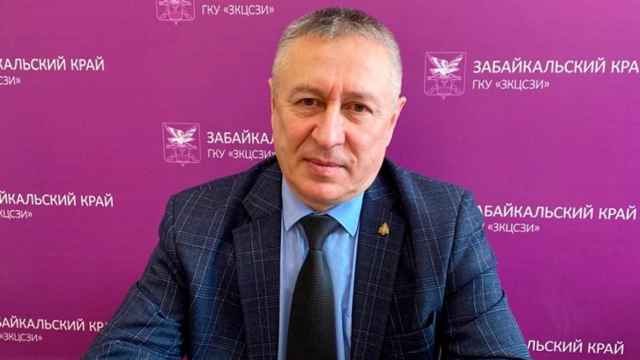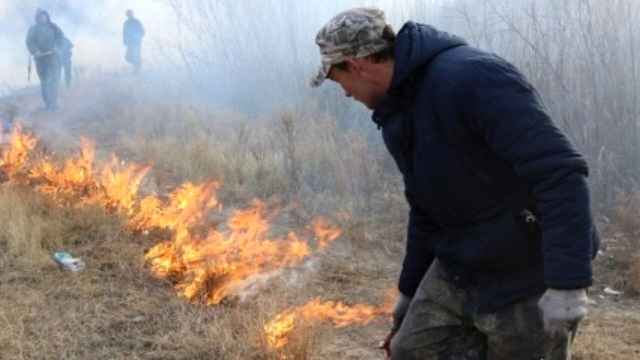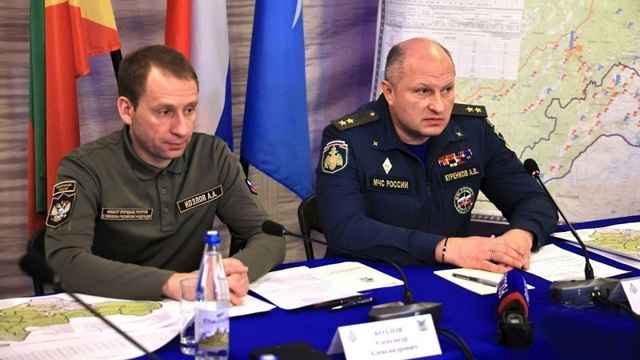Wildfires in Far East Russia’s Zabaikalsky region continue to grow amid strong winds and dry weather, the country’s Aerial Forest Protection Service said Sunday, with firefighters racing to prevent flames from spreading to populated areas.
A federal-level state of emergency has been in place since April 23 in the Zabaikalsky region, which currently accounts for almost 90% of the total area engulfed by wildfires across Russia. The regional head of fire safety resigned less than a week after the state of emergency was declared.
Around 456,400 hectares (1.1 million acres) of land were burning in the region as of Monday morning, up from 371,300 hectares the previous day, according to the Aerial Forest Protection Service.
The service said all the wildfires were “man-made,” adding that strong winds, combined with warm and dry weather, had helped the flames spread rapidly over the weekend.
“Even a small spark can begin to turn into a fire,” the forest protection service said in a message on its website.
Experts attribute most of Russia’s wildfires this year to human activity, such as dry grass burning near villages. Other contributing factors include a lack of snow cover and an early spring.
Russia’s forest protection service said fires in the Zabaikalsky region threatened eight villages in and around the regional capital of Chita.
The local diocese of the Russian Orthodox Church announced services this week that would include prayers for rain.
“We call on everyone to pray together and separately,” the diocese told followers on social media.
At least three firefighters have been killed while battling the blazes. Russia’s Aerial Forest Protection Service said one firefighter suffered severe burns on Saturday.
Emergency authorities previously said that they identified dozens of suspected arsonists, and law enforcement launched criminal investigations into negligence. Meanwhile, regional officials restricted travel on intercity roads without approval from local mayors.
A Message from The Moscow Times:
Dear readers,
We are facing unprecedented challenges. Russia's Prosecutor General's Office has designated The Moscow Times as an "undesirable" organization, criminalizing our work and putting our staff at risk of prosecution. This follows our earlier unjust labeling as a "foreign agent."
These actions are direct attempts to silence independent journalism in Russia. The authorities claim our work "discredits the decisions of the Russian leadership." We see things differently: we strive to provide accurate, unbiased reporting on Russia.
We, the journalists of The Moscow Times, refuse to be silenced. But to continue our work, we need your help.
Your support, no matter how small, makes a world of difference. If you can, please support us monthly starting from just $2. It's quick to set up, and every contribution makes a significant impact.
By supporting The Moscow Times, you're defending open, independent journalism in the face of repression. Thank you for standing with us.
Remind me later.


